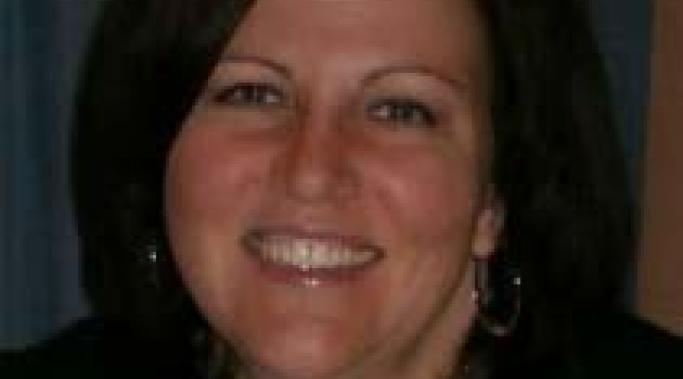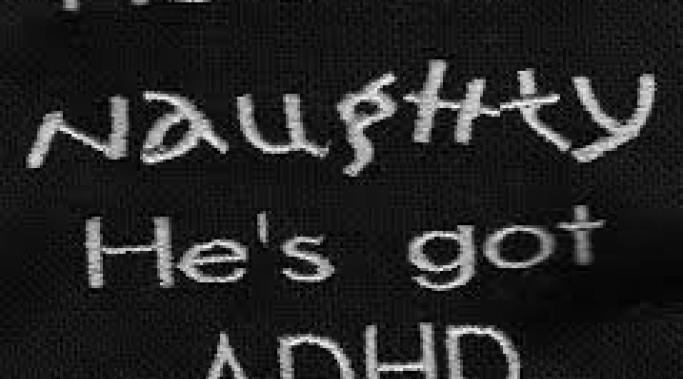Blogs
Recovering from the diagnosis of mental illness is hard enough, but we often--conscious or not--self-sabotage our mental health recovery. This blog will attempt to explain why we may do this and, well, how we can focus on recovery without making the process any more difficult.
Learn skills to increase your confidence in a conflict and express yourself effectively.
When our children are anxious, hurt or upset, it pierces our soul. Our love for them is so great, we are effected even more than if it was happening to us.
So that leaves us to wonder how we can best respond to lessen their pain and decrease their fear.
Depression Won’t Define Me
Back some thirty-five years ago when I was a child, the word depression wasn’t readily used as a diagnosis, rather, it was used to describe a point-in-time state of being. "I’m depressed because I have no friends." While this use of the word is obviously still valid, depression, in all its varied forms, has come to mean so much more. Back in those days, we’d call it a bout-of-the-blues or feeling down-and-out to which our mothers would emphatically state, "snap out of it… stop feeling sorry for yourself!" My Mom didn’t realize (though, who could blame her) that this prolonged, repetitive, inescapable, inexplicable "mood" that plagued me was actually an illness.
You decide you want to heal from PTSD. You've had enough of living with high anxiety, nightmares, depression, emotional mood swings, the feeling that just stepping out of your house brings on an avalanche of overstimulation. So you pull up your bootstraps, tighten your belt, strap yourself in and take the plunge: You reach out for help, receive your diagnosis, educate yourself about treatment options, choose one, find the right practitioner, start your sessions and..... find yourself full of all kinds of contradictory feelings.
Parenting a child with mental illness brings along many challenges. In my work, I've found parents who have a difficult time with children who just WON'T listen. You talk to them until your voice is hoarse and your kids continue to not do what you want them to do.
Homework is difficult for most children and it's even harder for children with ADHD. But there are ways to handle homework problems and keep the frustrations and hassles to a minimum. It's all about planning ahead and being organized. If you start out early and set the ground rules, your child doesn't need to endure the usual homework frustrations and problems.
A chance meeting with the pastors of an Internet church resulted in me being given a book called "The Hallelujah Life" by Richard Propes, an Indianapolis-based children's advocate who has paraplegia and spinal bifida. While there is some triggering material in this book due to descriptions of the sexual abuse he survived and his suicidal episodes, this is a book I can not recommend strongly enough for people with borderline personality disorder (BPD). I learned much from this 117-page book of poetry and short stories, but perhaps the most important lesson was that abuse is confusing.
"I feel like I have AIDS man! Everybody's scared of me!"
I recently heard these powerful words from a client who struggles with adult Attention Deficit Hyperactivity Disorder (ADHD).
I’ve been using my experience as an eating disorder survivor as a springboard to have a larger discussion about mental health. Looking back, I can trace the beginning of bulimia to a specific set of events and triggers. Years before, there was already a problem with food anxiety, striving for perfection and body image issues. I didn’t know what bulimia was at the time but I certainly understood hunger, binging, purging and over-exercising. I also didn’t know my mind was slowly developing an eating disorder. The condition, however, was becoming very real.







